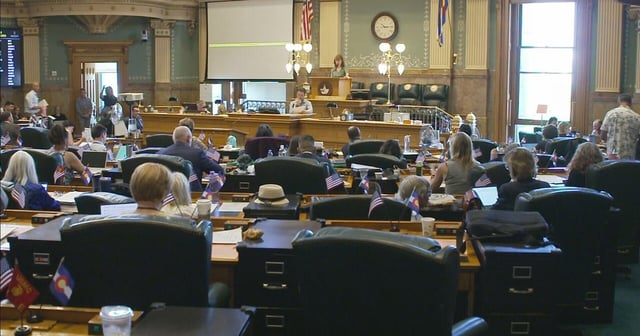Overview
- Both Democratic‑backed proposals advanced in initial committees during the special session, with SB 205 still on track to take effect on February 1, 2026 unless lawmakers change it.
- Sen. Robert Rodriguez’s transparency‑heavy rewrite keeps the 2026 timeline, requires individualized disclosures on factors influencing AI decisions, adds rights to access and correct data, and imposes joint liability on developers and deployers, with a new amendment exempting public entities from the factor‑disclosure requirement after a nearly $7 million annual cost estimate.
- Rep. William Lindstedt’s competing bill narrows scope using a federal AI definition, focuses on notifying people when they interact with AI, sets January 1, 2027 as the start date, avoids joint liability, and channels consumer‑protection enforcement through the attorney general.
- Denver, Colorado Springs and Aurora mayors urged a pause or delay, warning of lost jobs, slowed investment, and more than $5 million in implementation costs for local governments.
- The session unfolds as tech companies lobby nationally to curb state AI rules and as Gov. Jared Polis presses lawmakers to revisit the law during a budget‑gap session, with disputes over disclosures, liability, and private lawsuits shaping negotiations.



